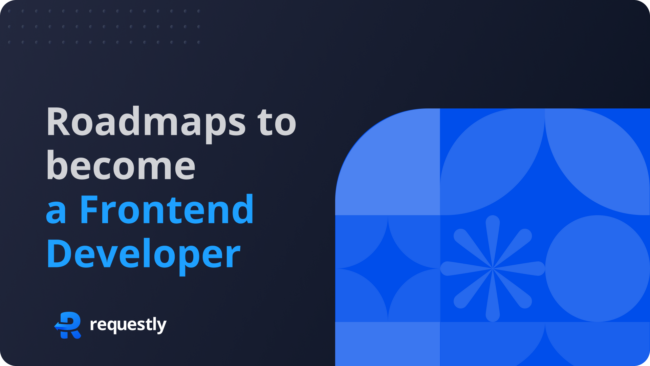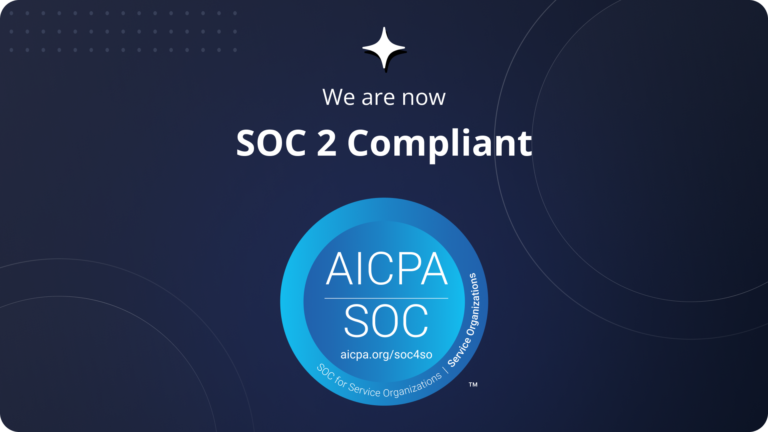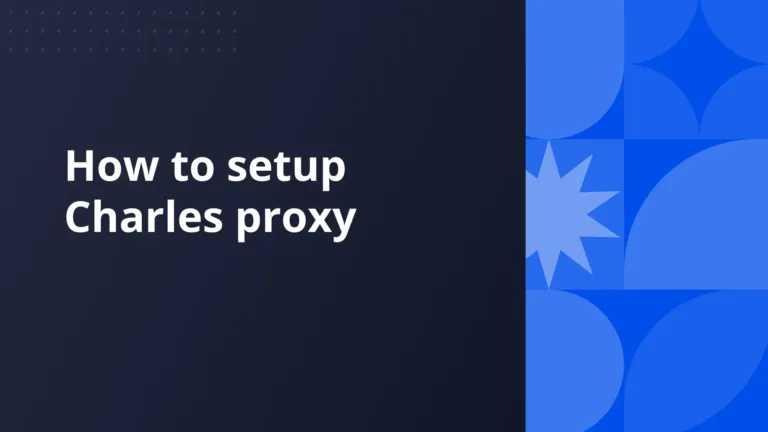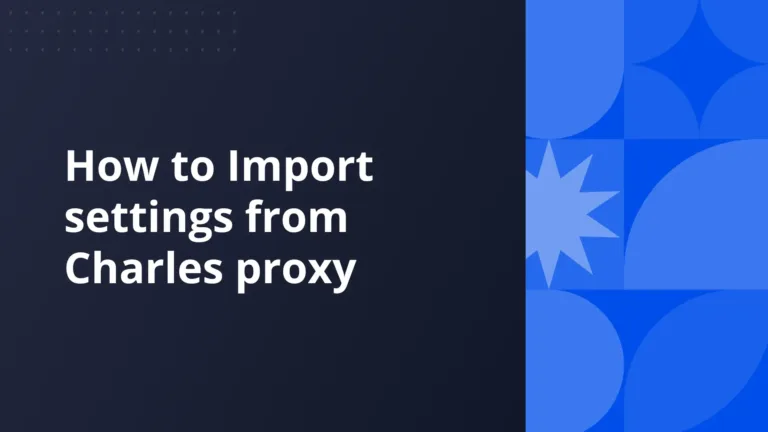Frontend developers create exciting interfaces with which users interact, like the screen where you are reading this article is designed by a frontend developer. It’s an exciting journey. As a frontend developer, you work with HTML, CSS & JavaScript(not Java) to create engaging user experiences. Whether starting from scratch or looking to upgrade your skill set, you will need a roadmap to guide your learning path so you don’t feel lost. Let’s start by understanding frontend development.
What is Frontend Development?
Any website or web application you interact with, like google.com, facebook.com, reddit.com, etc, contains two major segments — Frontend & Backend. The user-facing part is the frontend & server-side part is known as the backend. Frontend development is focused on what user sees on the application and how do they interact with it. Frontend development involves:
- Converting designs to code.
- Structure the content using HTML
- Styling the content using CSS.
- Define the interactivity of the page using JavaScript(JS).
- Ensure that their code interacts with the backend seamlessly.
- Ensure pages are equally functional on different devices and browsers.
Frontend development is constantly evolving from just basic technologies like HTML, CSS, and JavaScript to more advanced frameworks that help you code faster and better. Popular frameworks and libraries such as React, Vue, Angular, Tailwind CSS, and Sass have become essential tools in a frontend developer’s toolkit. It’s crucial to know how to use at least one JavaScript framework. Although all these frameworks are based on JavaScript, their underlying design patterns and structures differ. Therefore, you will need to spend some time with documentation and tutorials to learn a new framework effectively.
Roles and Responsibilities of a Frontend Developer
The frontend developers’ sole responsibility is to ensure the users have the best experience while using the website or web application. To fulfill that, frontend developers need to work on the below-mentioned areas of the frontend:
- Convert designs to the code, that visually matches the design specifications.
- Add interactivity to the web pages to make the page dynamic like forms, sliders, buttons, etc.
- Ensure cross-browser compatibility & responsiveness of the application.
- Ensure the performance and security of the application.
- Maintain the code quality and version control the code.
To ensure you can fulfill all these responsibilities as a frontend developer, you will need to gain a specific skill set. Let’s dive deeper into these skills in the next section.
Essential Skills and Technologies
Learning the essential skills and technologies can be overwhelming when you start something from scratch. It can be equally difficult for seasoned pros due to the vast technologies and resources available online. Let’s explore a learning path that can take you from basic knowledge to advanced levels, that you can follow with ease.
Beginner Level
- Basics — Learn the basics of HTML, CSS & JS and spend more time with JS.
- Git — Learn how to use Git, its basics, and workable knowledge.
- Package manager(
npm) — Just get the basic idea about it. - Frontend Framework(
react) — Get the basic level knowledge about creating a simple application with API interactions. - Testing your App(
Jest) — Learn how to write test cases.
Further Reading →
- Basic Frontend Development Roadmap
- Learn Frontend Development with Tutorials, Blogs, Courses, Books & Official Docs
Advanced Level
- Basics of Internet — Learn about the basics of the Internet, how it works, domain, hosting, & DNS, etc.
- HTML — Dive deeper into HTML, Accessibility, and SEO basics.
- CSS — Responsive CSS, Sass CSS, CSS Frameworks like Tailwind CSS, Material UI, Bootstrap, etc.
- JS — DOM Manipulation, AJAX, OOPS, Async.
- VCS Hosting — Learn to work with VCS Hosting providers like GitHub, GitLab, BitBucket, etc.
- Package Managers — Learn about other package managers like npm, yarn, etc.
- JS Framework — Learn in depth about the framework of your choice.
- Build Tools — Learn about automating tasks that make you efficient. Learn about linters & formatters.
- Testing — Get hold of testing frameworks like Jest, Vitest, Cypress, etc.
- Security Basics — Learn about security concepts like CORS, HTTPS, CSP, etc.
- Server Side Rendering(SSR) — Learn about how SSR works and the depth of the issues that can arise if not implemented properly.
- Static Site Generators(SSG) — Explore popular SSGs such as Gatsby, Jekyll, Hugo, and Next.js. Understand how SSGs improve performance, security, and scalability.
- Progressive Web App(PWA) — Learn how to create web apps that work offline, load quickly, and feel like native apps using Service Workers and Web App Manifests.
- Desktop Applications — Learn how to develop cross-platform desktop applications using frameworks like Electron and Tauri.
- Mobile Applications — Discover how to build mobile apps for iOS and Android using frameworks like React Native and Flutter.
Further Reading →
- Advance Frontend Development Roadmap
- Learn Advance Frontend Development with Tutorials, Blogs, Courses, Books & Official Docs
Joining the Developer Community
Isolated learning is not always helpful; as humans, we need to connect with another human being to discuss, support, and network. Several online communities are available where you can connect with other developers with different experiences, technologies, and backgrounds. Connecting with others will give you a different perspective, be it on the problems you are facing or learning something new. Here are some of the platforms that you can explore:
- Stack Overflow: A go-to platform for developers to ask questions and share knowledge. Contributing to discussions can help you learn faster and gain recognition.
- Reddit: Subreddits like r/webdev, r/javascript, and r/reactjs are treasure troves of information and community interaction.
- Dev.to: A community of software developers where you can read articles, share your knowledge, and get feedback from peers.
- Twitter: Follow influential developers and tech companies. Participate in Twitter threads and discussions to stay updated with the latest trends.
- LinkedIn: Connect with industry professionals, join relevant groups, and participate in discussions to expand your network.
- YouTube: Subscribe to channels that offer tutorials, tech talks, and coding live streams.
- Conferences: Attend events like React Conf, JSConf, and CSSConf to learn from industry leaders and network with like-minded individuals.
- Meet-ups: Join local or virtual meet-ups through platforms. These gatherings provide opportunities to exchange ideas and collaborate on projects.
- FreeCodeCamp: A nonprofit community that teaches you to code by building projects. It’s a supportive platform for learners at all stages.
- CodePen and JSFiddle: Share your code snippets, demos, and get feedback from other developers.
- Find a Mentor: Seek mentorship from experienced developers simply by asking someone whose work you admire.
- Peer Programming: Engage in pair programming sessions to learn collaboratively and gain new perspectives.
Open Source Contribution
Contribute to open-source projects to improve your coding skills and gain real-world experience. This is also a great way to get noticed by potential employers.
Coding Challenges and Hackathons
- LeetCode, HackerRank, and CodeSignal: Enhance your problem-solving skills by participating in coding challenges.
- Hackathons: Participate in hackathons to work on projects, often in a team setting, which can boost your practical skills and provide networking opportunities.
Being active in the developer community can provide invaluable insights, encourage continuous learning, and open doors to new opportunities. By engaging with others, you not only expand your skills but also build a network that can support your career growth.
Important Read
All the steps mentioned here are not intended to scare you away from becoming a frontend developer. Instead, use them to set milestones and achieve your final goal of becoming an expert frontend developer.
I have also started a GitHub repo to collate all the resources for frontend developers. It will be maintained actively to keep all the relevant information up-to-date. Here is the link → https://github.com/requestly/awesome-frontend-resources/



